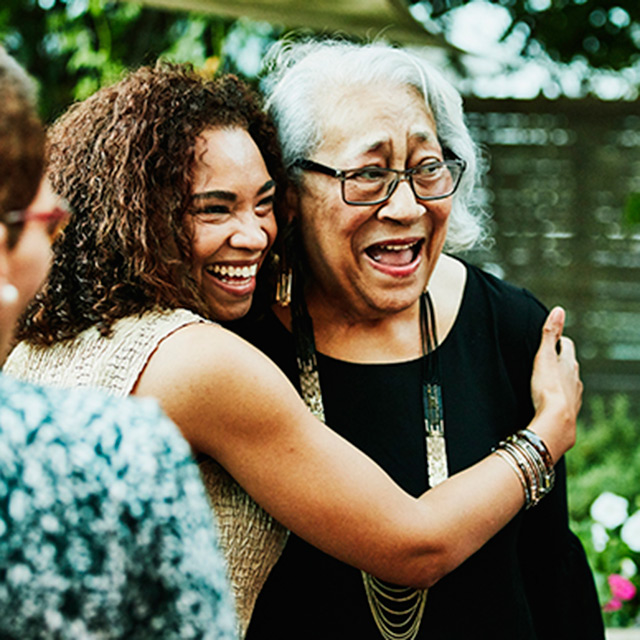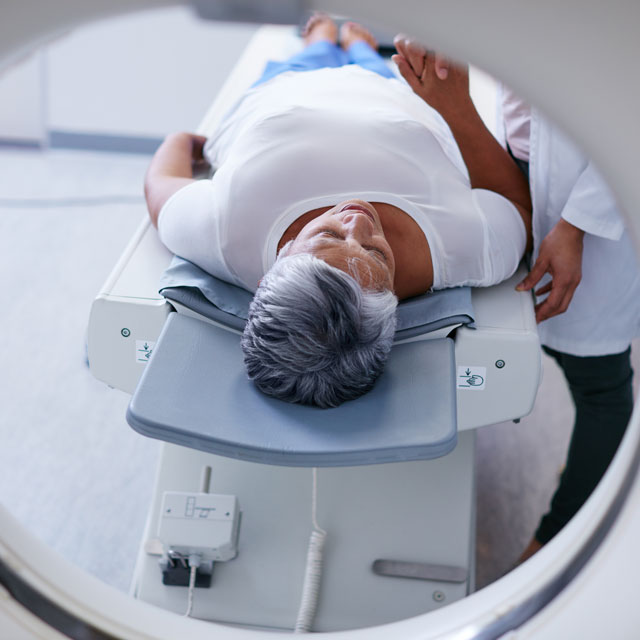Most people who smoke know cigarettes are dangerous for their health. What they might not realize is how fast your health can begin to improve after quitting smoking.
“It’s absolutely true that quitting smoking is the best thing people can do for their health,” said Dr. Hilary Tindle, founding director of the Vanderbilt Center for Tobacco, Addictions and Lifestyle.
The benefits of quitting kick in almost immediately, she said. Within 20 minutes, blood pressure drops. The risk of having a heart attack begins to decrease two weeks to three months after your last cigarette. Within a year of quitting, the risk of heart disease drops by half, Tindle said. After 10 smoke-free years, the risk of dying from lung cancer is half the risk faced by someone who’s still smoking.
Now the question is how to go about breaking your nicotine addiction. Is it better to quit smoking cold turkey or gradually?
Should you quit smoking cold turkey?
There’s some dramatic appeal to quitting cold turkey — going from your usual cigarette consumption to no nicotine at all. It may seem like a faster way to becoming smoke-free than gradually weaning off cigarettes.
But quitting abruptly without help is harder, and lowers your long-term odds of quitting smoking. Studies have found that people are two to three times more likely to be smoke-free a year after their quit date with a combination of counseling and medications, compared with those who don’t use those tools.
Many people find that the easiest (or perhaps the least difficult) way to quit is weaning off cigarettes while using nicotine replacement medications and some kind of counseling or support group.
Schedule Your Lung Screening
Getting help from nicotine replacement medications
Inhaled through a cigarette, nicotine is addictive. In contrast, FDA-approved nicotine replacement products (patches, gums, lozenges, nasal sprays) deliver nicotine more slowly and safely. Importantly, these over-the-counter nicotine replacement products are free of the 7,000 chemicals found in cigarette smoke. They help take the edge off withdrawal symptoms and make it easier to deal with cravings.
There are prescription medications designed to help people quit, too; ask your doctor about these. They are varenicline (also called Chantix) and bupropion (also called Zyban or Wellbutrin). Varenicline and bupropion act in the brain to reduce cravings and ease withdrawal symptoms. Often doctors prescribe them for people to begin taking before their target quit date. They can also be prescribed in combination with nicotine replacement medications. Also available by prescription is a nasal spray, which gets nicotine into your bloodstream by being absorbed by the lining of your nose.
Nicotine replacement is typically used for two to three months, with the nicotine dose gradually decreasing over that time. It takes the nicotine receptors in your brain roughly two to three months to normalize, so stick with the medication as you are quitting.
Explore more about Smoking

When will I stop craving cigarettes?

Medication can help people quit smoking

How to quit smoking when your spouse smokes: 4 strategies
Should you be screened for lung cancer?
Lung cancer is the most lethal cancer in the United States, even though other cancers are more common. That’s because lung cancer is usually not detected until it has spread, making it difficult to treat.
Lung screening, however, aims to detect lung cancer when it’s limited to a tiny mass. People whose lung cancer is caught early have an excellent chance of ridding themselves of this disease through surgery – in a few cases, without having chemotherapy or radiation, which are typical parts of treatment for lung cancer that is diagnosed at a later stage.
People at the highest risk for lung cancer should be screened. That means those ages 50 to 80 who smoke, or who quit smoking within the past 15 years, and who have a 20 pack-year history of smoking. A 20 pack-year smoking habit means smoking a pack of cigarettes per day for 20 years or equivalent exposure – for example, smoking a half pack per day for 40 years.
The importance of screening for lung cancer

An expert answers common questions about lung cancer screening
Lung screening is for certain smokers and ex-smokers. It’s not scary. It could save your life.

Lung screenings are saving lives, and the research shows it
Yearly lung screenings have reduced cancer deaths. Find out if you need one in addition to your colonoscopy and mammogram.

The emotional side of being screened for lung cancer
Experts hear some common fears from patients. Here they offer some reassurance.
Perseverance is important
On average, people who smoke try five times or more before finally breaking a nicotine addiction. Even people who gave up cigarettes many months ago report that sometimes they still crave a cigarette. Long after your body rids itself of nicotine and other chemicals contained in cigarettes, certain situations that you associate with smoking may awaken some cravings — like being around people who are smoking, or watching co-workers head out for a smoke break.
“Tobacco dependence is a chronic condition,” Tindle said, and some people relapse — and go on to quit again. So don’t give up. Remember that while staying smoke-free may feel difficult sometimes, it’s the single best thing you can do for your health.
“There’s new evidence that smoking cessation is associated with improved mood, or lower symptoms of depression and anxiety,” Tindle continued. “So this gives patients another outcome to look forward to: better mental health as well as physical health.”
To work with a counselor to help you create a plan for quitting, call the Tennessee Tobacco Quitline, 1-800-784-8669, or use it online at tnquitline.org.



